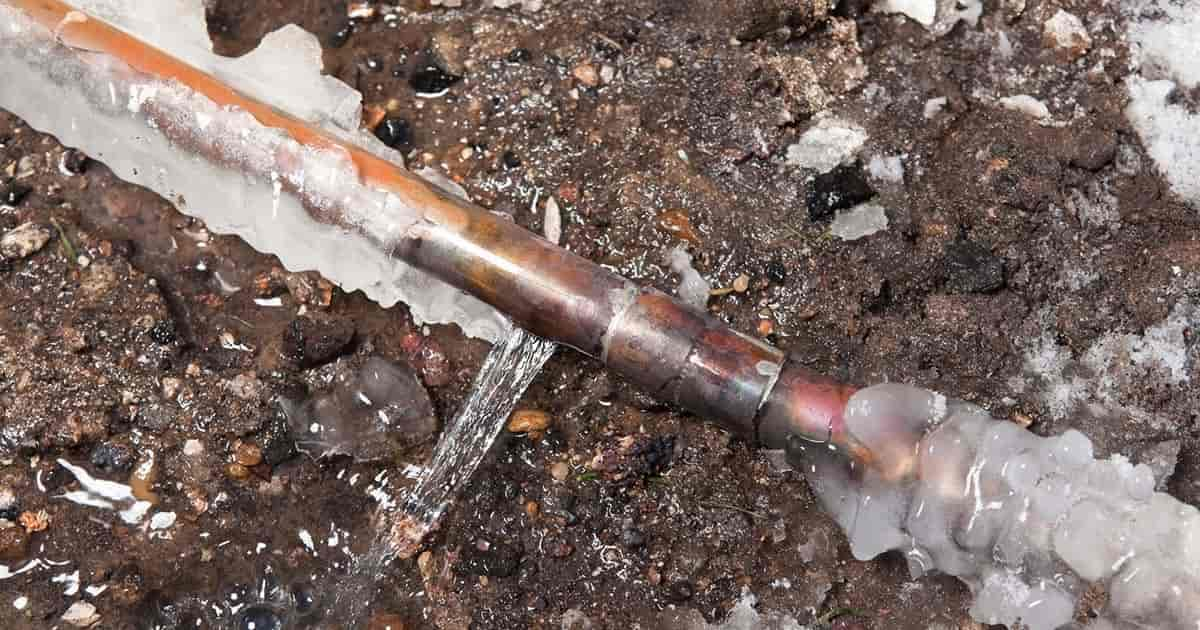How to Prevent Frozen Pipes

As the temperature dips below freezing, it’s crucial to understand how to prevent frozen pipes and take the necessary steps to prevent your pipes from freezing this winter.
Cold weather can cause your pipes to freeze and possibly burst. Water expands when it freezes and can cause your pipes to rupture because of the extra pressure. Frozen pipes can result in severe water damage when pipes split and ice melts, resulting in thousands of dollars of damage.
Careful preparation in the fall and frequent monitoring during the cold weather are vital in preventing water damage losses.
Here are some tips to protect your pipes from freezing and keep your business up and running this winter:
• Have furnaces and boilers checked and serviced by a qualified heating contractor every fall to ensure they are working properly.
• Check rooms frequently during cold snaps to ensure that all windows and exterior doors are closed properly, and that heating systems are functioning correctly.
• Do not turn down thermostats below 10°C (50°F) in unoccupied areas, especially during cold weather. Furnace failure could result in frozen pipes in a very short time.
• Install low-temperature alarms that will alert an alarm center if inside temperatures drop to 5°C (41°F).
• Store temporary heaters on the property that could be used quickly in case of furnace failure.
• Maintain a 24-hour emergency contact phone list for staff to use in case of emergencies such as power failure, furnace failure or frozen pipes.
• Locate emergency shut offs for water lines and sprinkler systems and ensure that staff knows where the shutoffs are located and how to shut them down to reduce the damage.
Every year there are several fires resulting from attempts to thaw frozen pipes. Never use a flame torch to thaw pipes. Thawing frozen water lines can be a tricky and sometimes dangerous process.



